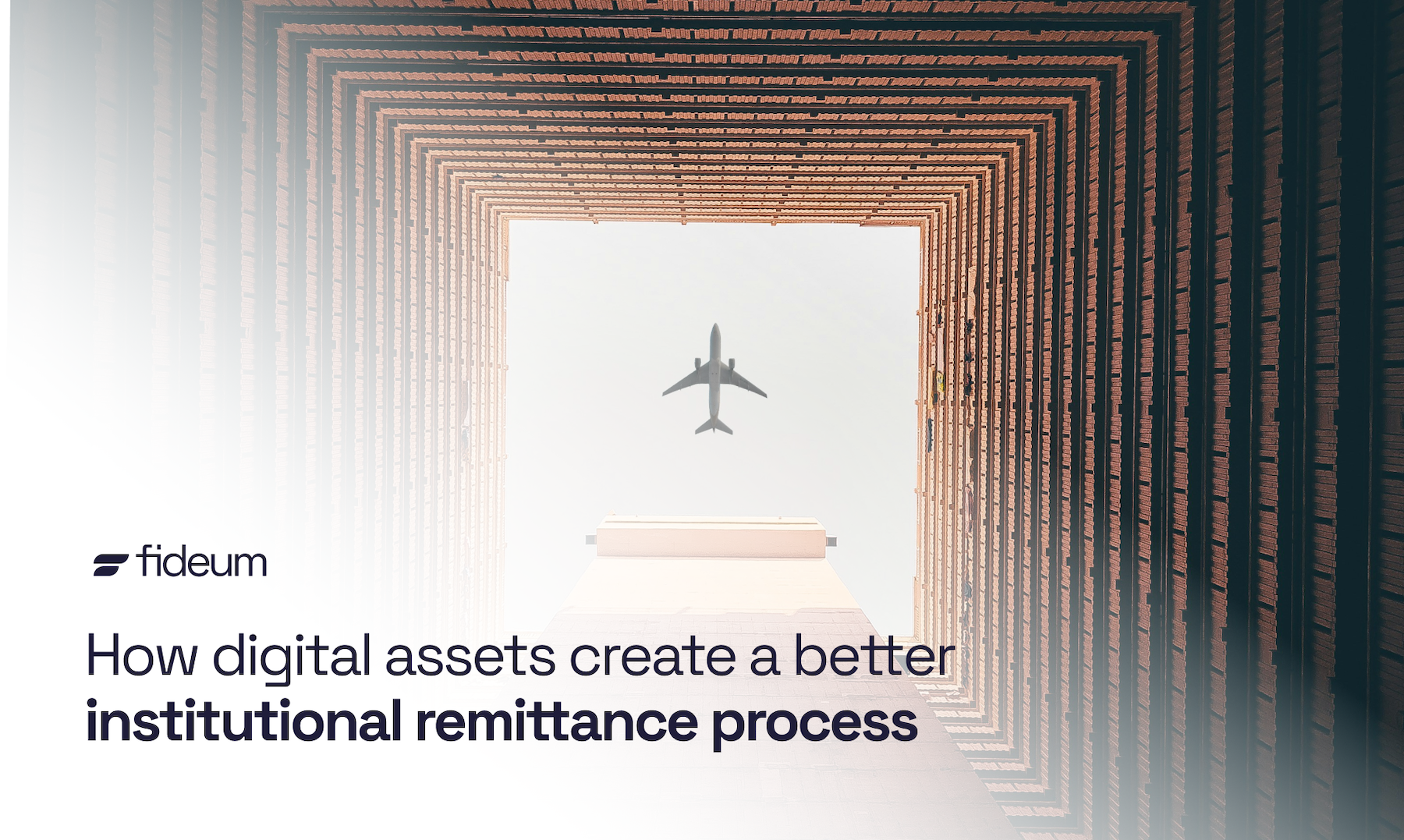Crypto cards are an effective way to bridge traditional finance with blockchain, integrating new ways with existing technology. Crypto cards allow for ‘everyday’ interactions with crypto that are easy to understand, safe, and adaptable to daily life. This has made them extremely popular technology for any level of crypto knowledge and understanding. This blog breaks down what crypto cards are and how they can be used, how they benefit users, and how they demonstrate how blockchain and traditional payment systems can merge.
What are crypto cards?
Crypto cards allow users to spend their crypto in everyday transactions, whether that be topping up their gas tank or paying for their gym membership. Crypto cards enable customers to spend their crypto holdings as fiat currencies, anywhere that a card can already be used. When crypto first became available on cards, it was up to the user to convert their crypto into fiat money via a crypto exchange and then load it onto a card before they could spend it. This took time and effort and hence crypto cards, which convert crypto into the appropriate fiat currency automatically, eliminate that long process. Crypto cards can also be used to withdraw cash from ATMs and, like traditional cards, can offer rewards, points, and other perks, depending on the issuer.
Crypto cards are:
- Compliant with existing payment systems
- Real-time crypto-to-fiat conversion
- Globally accessible
What are the positives of crypto cards?
Crypto cards are safe, globally accessible, and offer users more options to spend their money. Enhanced security comes from advanced security features that are common in the crypto space, such as two-factor authentication and encryption. Crypto cards, in partnership with the world’s major payment networks, can be used globally. This is an easy way for anyone in the world who can access crypto to spend their money, even in places where crypto infrastructure is poor.
For institutions who want to offer a crypto card to users, they can be as personalized just like normal credit or debit cards and can be used alongside a points or rewards system to enhance customer loyalty.
Ultimately, crypto cards are about convenience. The full crypto landscape is not always accessible to everyone, but being able to use a simple debit card for day-to-day transactions is an easy and safe way to interact with your crypto holdings.
What are the drawbacks?
Crypto cards, like crypto, are susceptible to volatility. Just as crypto can fluctuate through the days, weeks, and months, a crypto card might not be as reliable as cards tied to a standard fiat currency account. As the technology is fairly new, fees can be high, as the processor takes on the responsibility of making the transactions into the appropriate fiat currency themselves. Crypto is usually not reversible, making refunds and returns a more difficult process.
Regulatory challenges are also something to navigate. Major card processors and institutions are working in the crypto space, but regulatory clarity is not always consistent around the world. With regulatory frameworks fluctuating, or changing completely, in some regions it may not always be legal, or safe, to use a crypto card.
Crypto cards in 2025
Crypto card usage has increased in 2024, but the big numbers have not yet begun. There is still a lot of user education and institutional adoption to be done before crypto cards can become endemic, in the same way that innovations such as Google Pay or Apple Pay were once niche and then, as time passed, became increasingly commonplace. There also promises to be more technological advancements in 2025 that will make it even easier for crypto cards to work across all sorts of functions and platforms. The products will diversify: for example, the first crypto credit card will be launched in Japan in 2025. As the technology grows, so will the products on offer to institutional and retail users.


.png)



